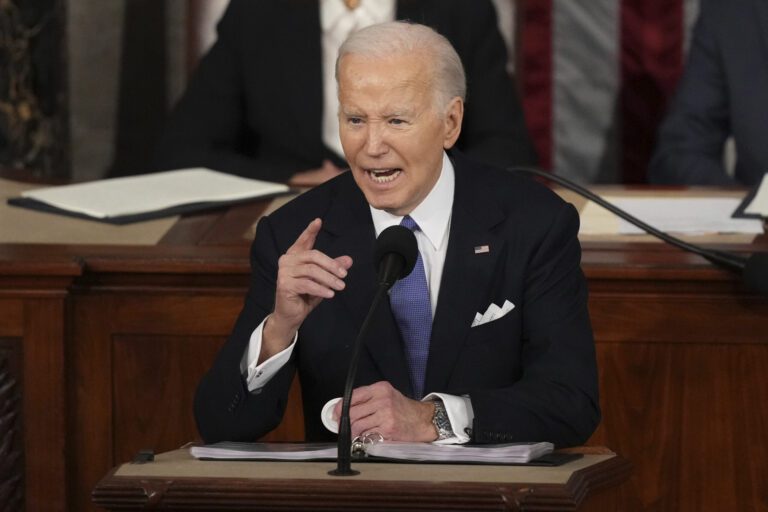Senate Republicans Question Biden’s Mental Fitness: Key Takeaways from the Hearing
Senate Republicans faced tough questions during a recent hearing as they investigated President Biden’s mental fitness and the alleged cover-up by his senior staff. While the session produced limited actionable insights, it did spotlight concerns about the authentication of presidential signatures, particularly concerning Biden’s use of an autopen.
Hearings and Witness Testimonies
Key Witnesses
The Senate Judiciary Committee hearing featured testimonies from three prominent conservative figures:
- Sean Spicer: Former White House press secretary under President Trump.
- John Harrison: Former DOJ official during the Reagan and Bush administrations.
- Theodore Wold: Former Idaho solicitor general.
Senator Chuck Grassley, chairman of the committee, kicked off the proceedings, criticizing the previous administration for what he referred to as a "rudderless" approach to governance.
Main Concerns Raised
- Biden’s Diminished Capacity: Grassley pointed to President Biden’s alleged mental decline as a reason for various failures in the previous administration.
- Use of Autopen: Wold’s testimony centered around Biden’s signing of key documents using an autopen. He stated that over half of the clemency warrants, including controversial pardons, were autopen signatures.
Spicer’s Critique on Media Coverage
Sean Spicer criticized legacy media’s response to visible signs of Biden’s decline, arguing that outlets displayed a lack of curiosity regarding his mental and physical well-being.
"Even in the face of deeply concerning and public signs of President Biden’s mental and physical decline, legacy media outlets were silent," Spicer stated.
Proposed Legislative Actions
Amidst the confusion, some concrete steps were discussed:
- Wold recommended legislative changes to create clearer requirements for the authentication of presidential signatures on executive orders and pardons.
- Harrison noted that retroactive recourse for Biden’s autopen use might be difficult, urging Congress to focus on preventive measures instead.
House GOP’s Parallel Investigation
In contrast to the Senate’s proceedings, the House GOP, led by Congressman James Comer, is undertaking a more robust investigation. They plan to interview four senior aides of the Biden administration regarding the claims surrounding Biden’s mental fitness and the alleged concealment efforts by his staff.
Comparison: House vs. Senate Investigations
- Senate Hearing: Focused primarily on Biden’s fitness and engagement of media critique.
- House Investigation: More proactive, aiming to bring forward first-hand accounts from Biden’s closest aides.
Media Accountability and Frustrations
The session raised critical questions about media accountability, with Senator Britt asking Spicer how Congress could hold reporters responsible for failing to report on Biden’s condition.
"What mechanism should be put in place to be able to hold them accountable for not actually following what is clearly in front of them?" she queried.
Spicer commended the Trump administration for fostering new media voices in the briefing room, hinting at a shift in how news is reported and consumed.
Perspectives from Senate Democrats
Senator Dick Durbin, the top Democrat on the Judiciary Committee, criticized the focus of the hearing, highlighting more pressing issues like national security and public safety that warrant attention.
"Apparently armchair diagnosing former President Biden is more important than the issues of grave concern," he stated, referencing critical challenges such as unrest in Los Angeles and immigration issues.
Conclusion
The Senate Judiciary Committee hearing may have lacked concrete resolutions but successfully ignited significant discussions about the implications of presidential health and media responsibility. As the House investigation continues, it appears the scrutiny over President Biden’s mental fitness is far from over.
Key Takeaways
- Concerns over President Biden’s mental acuity persist.
- The use of the autopen raises questions about presidential document authentications.
- The divergence between the Senate and House approaches reflects varying priorities within the GOP.
For ongoing coverage and insights into government accountability, visit The Hill and Politico.


